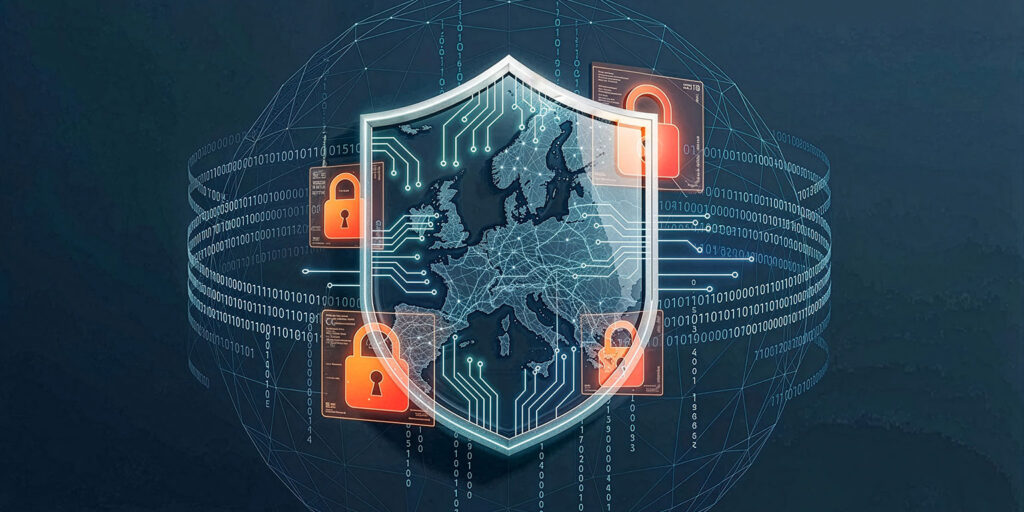New technologies, like cloud computing and mobile technology, have transformed the way we work and communicate, providing new opportunities for businesses to operate more efficiently and effectively.
However, in the past, companies had a mindset of often saying ‘NO’ to new technologies or services that could potentially compromise their security.
This was a natural response, considering that security breaches could lead to significant financial losses, damage to reputation, and legal consequences. But with the rapid pace of technological innovation, companies can no longer afford to avoid new technologies and services that could give them a competitive advantage.
Companies must embrace these technologies, but also take measures to secure them.
From IT Responsibility to Business Imperative
Today, companies are saying ‘YES’ to new technologies and services, but with a strong emphasis on security. This shift in mindset is critical to keeping pace with the ever-changing business landscape and remaining competitive in the marketplace.
The shift to ‘YES, but securely’ is driven by several factors. One of the primary drivers is the growing recognition that security is not just an IT issue but a business issue.
In the past, security was often viewed as the sole responsibility of the IT department. This was largely due to the belief that security was a technical issue that required specialized skills and knowledge. However, with the increasing number of high-profile security breaches and cyber-attacks, there has been a shift in perception among executives and board members.
Now, business leaders understand that security is not just a technical issue but rather a top priority of their overall business strategy and an integral part of their operations.
The cloud ERP revolution
One technology that has contributed significantly to this shift is cloud ERP. Cloud ERP solutions allow companies to manage their business processes and data in a centralized location, accessible from anywhere in the world through the internet. It brings several benefits in terms of security and data protection, which makes it an excellent choice for companies that want to embrace new technologies while maintaining high levels of security.
Cloud ERP solutions are designed with security in mind; they invest heavily in security people, processes and technologies to protect customers’ data.
As described in the Cybersecurity Advantages of the Cloud, cloud ERP solutions leverage data centers which are protected by multiple layers of physical and virtual security measures. These measures include 24/7 monitoring, access controls, and backup and recovery systems.
Furthermore, companies that run cloud ERP can benefit from a shared responsibility model between them, their cloud ERP provider and their partners.
In today’s digital landscape, security cannot be managed alone any longer. By working collaboratively and sharing the responsibility, companies can efficiently safeguard data, intellectual property, and sensitive information and better protect their product and services from cyber threats.
Embracing Innovation with Confidence
The shift from a ‘NO’ to a YES, but securely’ mindset is critical for companies to remain competitive and secure in today’s business landscape.
By taking a proactive approach to security and integrating security into every aspect of their business operations, companies can embrace new technologies and services while mitigating security risks.
Cloud ERP solutions offer an opportunity to achieve this shift. Not only by providing enhanced efficiency, flexibility and scalability, but also providing businesses with comprehensive security and greater visibility into their security posture, enabling them to embrace new technologies with confidence.
Companies that adopt this mindset will be better positioned to succeed in the long run.
Want to know more? Learn about the cybersecurity advantages of RISE with SAP and listen to the 7th episode of the Future of ERP podcast: Securing Data and Applications in the Cloud.
This is a sponsored article by SAP.






